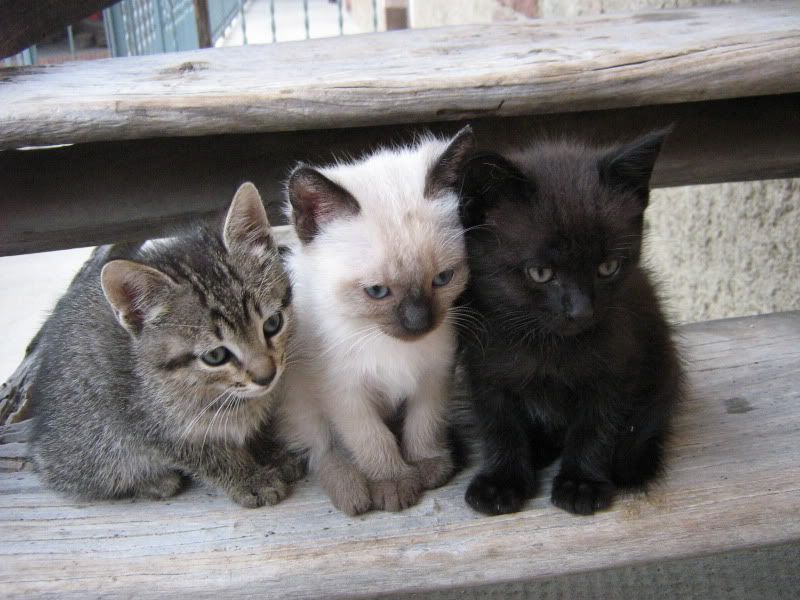A bit about grey

I have been revisiting the topic of my thesis – picking up the strands of research, trying to look at it in new ways. The process of my thesis got in the way of really enjoying it, so now that I’m working at another career 12 hours a day, I thought I’d revisit my student days too. Why not?
Anyway, I’m reading a classic book of literary criticism called The Signifying Monkey, by Henry Louis Gates, Jr. You might recognize his name from the recent “Faces of America” series he did with PBS. In the book, Gates recounts a tale called “The Two Friends”
Once upon a time, two men swore that they would be friends forever and ever, but they didn’t mention the god Esu, who, in the Yoruba tradition, basically writes your life and tells you what you are going to do. Esu decided to test the friendship of these men who hadn’t bothered to think about the force behind their lives. Esu put on a cap, half black and half white, and rode down the center of the field in which the 2 men were working.
Upon taking a break, the 2 guys mentioned the nice man that had ridden by. The first friend said, “oh yeah, you mean the guy with the white cap?” “Um, he had a black cap, but yeah, that guy” (I’m severely paraphrasing here). The two friends start calling each other names because they think the other can’t tell the difference between white and black. Finally, Esu comes back and pretends that he doesn’t know what the fracas is all about. Neighbors explain that the 2 men were fighting furiously, and the 2 men explain to Esu what happened. Esu tells them, “That guy was me. And you’re both right. You’re also both wrong. The cap is both black and white.”
Great Wisdom Translates
The story resonated with me, as all great stories can resonate over centuries. It made me realize that Social Media is kind of like the trickster god Esu in a way. It makes us think that things are either black or white. If you think it’s black and someone else thinks it’s white, you both call each other stupid.
I’ve seen this so many times it’s almost too difficult to give examples. I saw two posts yesterday that said that every post talking about how Google Instant was going to affect SEO was ill-informed or even dumb. I’ve seen posts about how doing things a certain way is “the best way” or “the worst way.” I’ve seen people argue “this or that” on lots of things, from quality versus quantity, influence versus engagement, and the list goes on.
How Broad Is Your Paint Brush?
Before making a proclamation just to see if it can get you blog traffic or some retweets, consider just how broadly you want to paint the people and the world around you. The fact is, just like Esu’s cap, many issues are both and neither black or white. They are a little bit of both. We can still converse in the grey. We can still make points for the black or the white in the grey. But to take a stance that there is only one opinion, and to hold that opinion so tightly that you will resort to name calling, may be a method of engagement that you want to think twice about. Or maybe it’s not. Maybe this is a grey area, too.
What do you think?
http://www.sxc.hu/profile/Sanae78